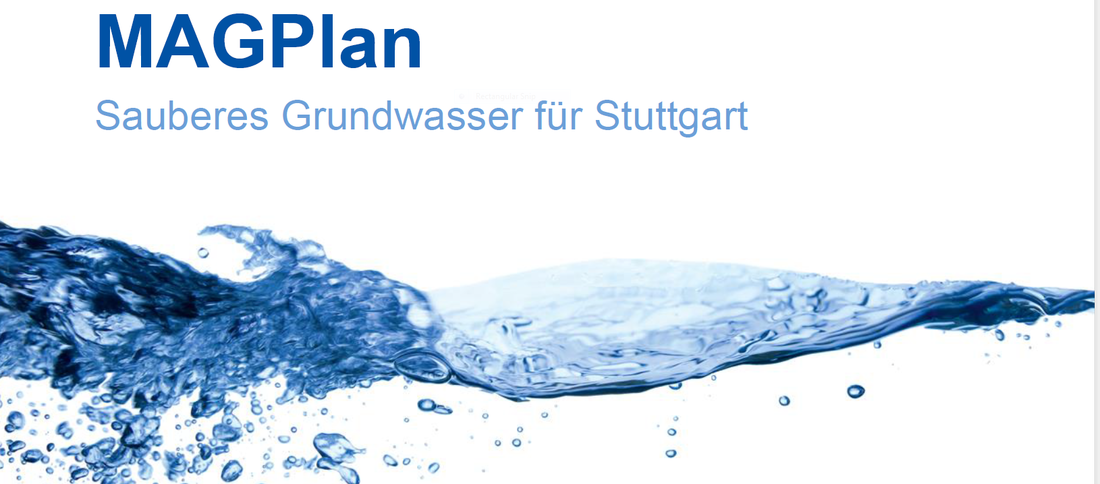I was able to participate in my first webinar yesterday facilitated by the good people at the Rural Water Supply Network (RWSN). The webinar is part of a series that has been running since October this year focusing on a range of issues relevant to the work of the RWSN.
The theme of this webinar was groundwater data and its management in the WASH sector. Various speakers discussed the importance of groundwater data and presented case studies from a number of different regions in Africa.
The importance of good groundwater data was a big theme during the webinar, particularly geographical coordinate information. Much information is either never recorded, or not available to other potential stakeholders, either due to data formats (i.e. hard copies) or formatting (i.e. consistent drilling log standards). There were a number of strategies discussed for improving data collection including easier data collection/reporting systems (such as smartphone apps) or better enforcement of data reporting standards through legal and financial incentives.
As someone very new to WASH but also experienced in hydrogeology I would have appreciated more details on how the groundwater data is used. For some of the case studies, precise location information is perhaps not so critical as they were more regional in nature. It is only once you get down to the local aquifer scale that this information becomes really important.
There is much exciting work being conducted by many organsations. I am particularly interested in mWater, WPDx and igrac and will try to keep up with their work in the future.
This webinar was a good way for me to familiarise myself with some critical issues in the WASH sector as well as introduced me to some key players working in this area. It is one of my long-term goals to get involved in this type of work and hopefully this was a step in the right direction.
The theme of this webinar was groundwater data and its management in the WASH sector. Various speakers discussed the importance of groundwater data and presented case studies from a number of different regions in Africa.
The importance of good groundwater data was a big theme during the webinar, particularly geographical coordinate information. Much information is either never recorded, or not available to other potential stakeholders, either due to data formats (i.e. hard copies) or formatting (i.e. consistent drilling log standards). There were a number of strategies discussed for improving data collection including easier data collection/reporting systems (such as smartphone apps) or better enforcement of data reporting standards through legal and financial incentives.
As someone very new to WASH but also experienced in hydrogeology I would have appreciated more details on how the groundwater data is used. For some of the case studies, precise location information is perhaps not so critical as they were more regional in nature. It is only once you get down to the local aquifer scale that this information becomes really important.
There is much exciting work being conducted by many organsations. I am particularly interested in mWater, WPDx and igrac and will try to keep up with their work in the future.
This webinar was a good way for me to familiarise myself with some critical issues in the WASH sector as well as introduced me to some key players working in this area. It is one of my long-term goals to get involved in this type of work and hopefully this was a step in the right direction.

